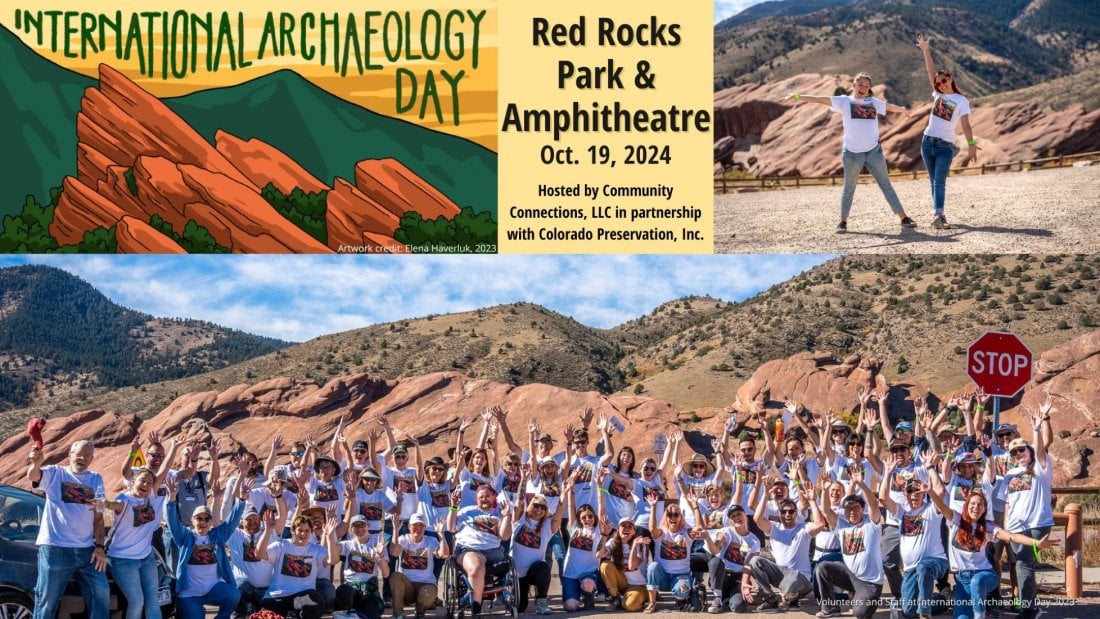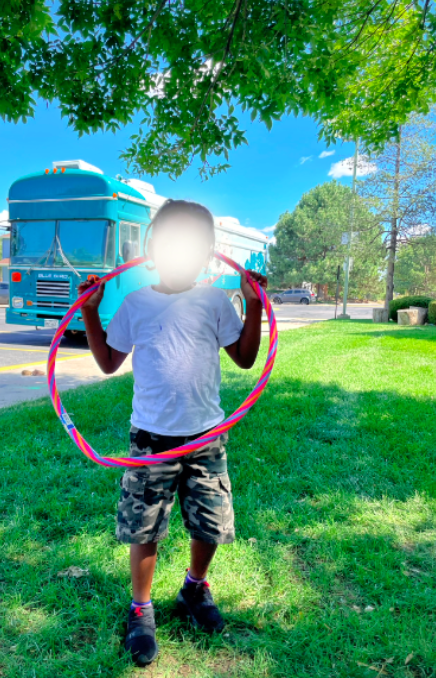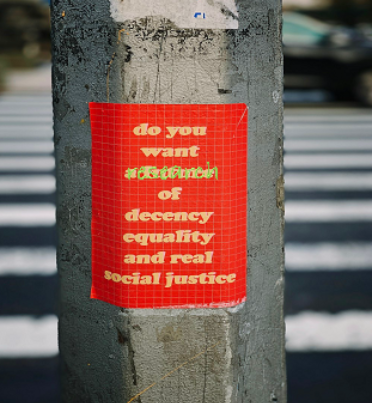Graduate Community of Practice
The Graduate Community of Practice is a small cohort of cross-campus graduate students who are incorporating community-engaged methods into their scholarly work.
The 2025-2026 application is now open! Applications are accepted and reviewed on a rolling basis until all slots are filled.
Apply NowGraduate Community of Practice

Community and Archaeology
Cyndal Groskopf is a graduate student engaged in a community-centered archaeology project. Her work emphasizes collaboration with local communities to create more inclusive and trauma-aware research practices. Through the Graduate Community of Practice at CCESL, Cyndal received mentorship and resources to expand her project, focusing on ethical considerations and community involvement. The support from CCESL helped her integrate these aspects into her archaeological research, enhancing her ability to engage with community partners and develop meaningful, inclusive projects.

Graduate Community of Practice Reflection
Kristopher Tetzlaff, a PhD Visiting Teaching Assistant Professor at DU, engaged with the Graduate Community of Practice through CCESL, focusing on community-engaged research with You be You Early Learning, a mobile preschool. The program supported his research on ethical frameworks for participatory research involving young children from marginalized communities. CCESL provided mentorship, discussions on ethical practices, and a platform to integrate the Three Rs conceptual framework (Reflexivity, Rights, Relationships), which enriched his community-based research.

Community-Engaged Research as Part of an Anti-Racist Research Agenda
Özlü Aran, a PhD candidate at DU, focuses on the intergenerational transmission of health, particularly perinatal stress and health disparities. Through the CCESL Graduate Community of Practice, Özlü gained insights into community-engaged research, recognizing that traditional research often excludes marginalized voices. CCESL helped guide her shift towards an anti-racist research agenda by engaging with community partners, ensuring that her work addresses real-world needs and benefits those facing health disparities. This support has strengthened her commitment to socially just research practices.

